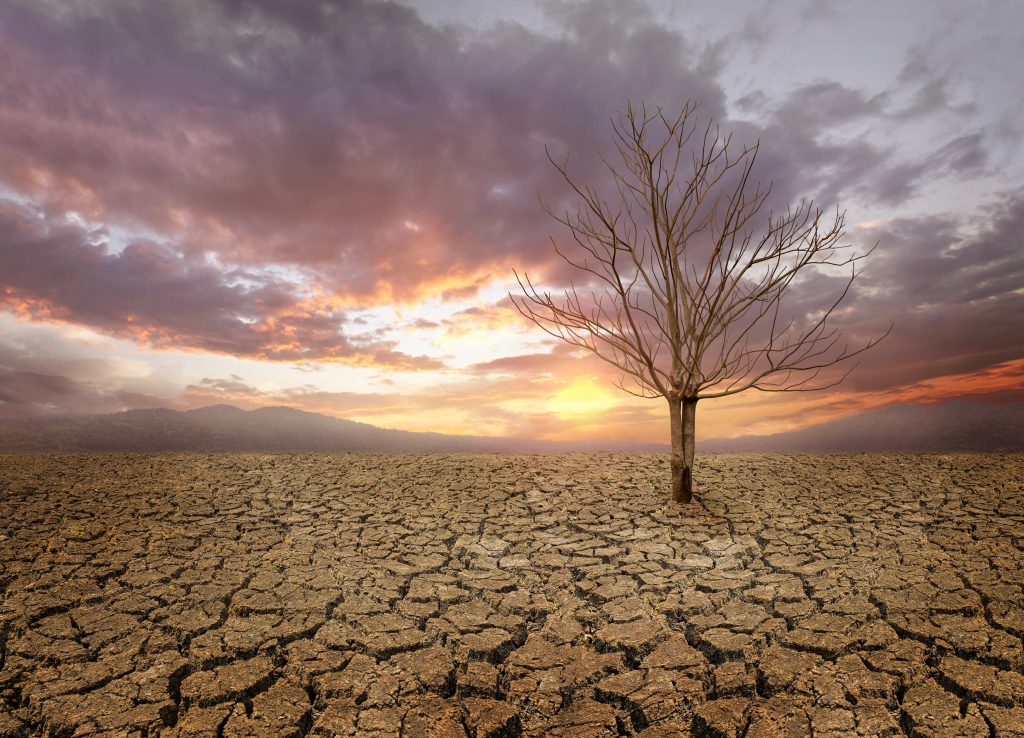
Trying to sleep during a heatwave or just in a hot room, can be uncomfortable and insomnia-inducing. But a new study reveals that people around the world are likely to lose 50 to 58 hours of sleep a year by 2099 due to global warming.
Using wristbands with internal accelerometers to measure sleep in over 47,000 adults across 68 countries for six months, the study published in the journal One Earth showed that a single night over 86 degrees reduces sleep time by about a quarter hour per person.
This decrease in sleep, in turn, has adverse effects on cardiovascular and metabolic health.
“For most of us, sleep is a very familiar part of our daily routine; we spend nearly a third of our lives asleep,” said Kelton Minor of the University of Copenhagen, who led a recent study on the effects of rising global temperatures and loss of sleep. “But growing numbers of people in many countries around the world do not sleep enough.”
Previous studies have shown that rising temperatures can contribute to an increased risk of mental health crises, accidents, and workplace injuries, as well as an increased occurrence of heart attacks and strokes in susceptible patients “because of increased blood viscosity”.
The two-year Copenhagen study, conducted by Minor and his team at University of Copenhagen, was designed to measure the physiological effects of higher outdoor temperatures on healthy adults while they were sleeping or falling asleep. The data, collected from 2015 to 2017, found that higher temperatures delayed the onset of sleep, reducing the number of hours that each adult spent in REM.
“In this study, we provide the first planetary-scale evidence that warmer than average temperatures erode human sleep,” he said. “It might actually be the tip of the iceberg, because it’s very likely our estimates are conservative.”
Early controlled studies in sleep labs have found that both humans and animals are affected when the ambient temperature leans too far in one direction. But this research was limited by one factor: unlike in a lab, an overheating human will take steps to modify the temperature of their sleeping environment to something cooler. But what happens when you can’t do that in real life?
 In order for our bodies to transfer heat and cool down, however, the surrounding environment needs to be cooler than we are.
In order for our bodies to transfer heat and cool down, however, the surrounding environment needs to be cooler than we are.
“Our bodies are highly adapted to maintain a stable core body temperature, something that our lives depend on,” Minor says. “Yet every night they do something remarkable without most of us consciously knowing—they shed heat from our core into the surrounding environment by dilating our blood vessels and increasing blood flow to our hands and feet.”
Interestingly enough, researchers found that the impact of warmer nights on sleep did not vary based on whether the region had a naturally cooler or warmer climate. Across nations, the effect was the same, especially as night-time temperatures rose above 50ºF. These same people failed to catch up on their sleep debt at later times, according to the data.
“Worryingly, we found evidence that people already living in warmer climates experienced greater sleep erosion per degree of temperature rise,” said Minor. “We had expected those individuals to be better adapted.”
The study, however, failed to include subjects that lived in poorer nations, which meant that the consequences of rising temperatures could be much graver in areas characterized by even hotter climates, different socioeconomic and demographic conditions, different standards of infrastructure development, and different levels of public health services, such as large parts of Africa, Central America and the Middle East.
“Lower-income people are underrepresented in the data and we’re very transparent about that,” said Minor. The research failed to assess sleep quality, and instead focused on the number of times people woke in the night.
Nevertheless, the study uncovered compelling evidence on the impact of global warming on sleep loss, and, at the very least, opens up an inquiry into the global inequality of climate change impact. Minor agrees that it provides a baseline of data for policymakers to draw from when combatting and protecting people from global warming’s far-reaching effects.
“Our decisions, collectively as societies, will have costs in terms of sleep,” he adds.